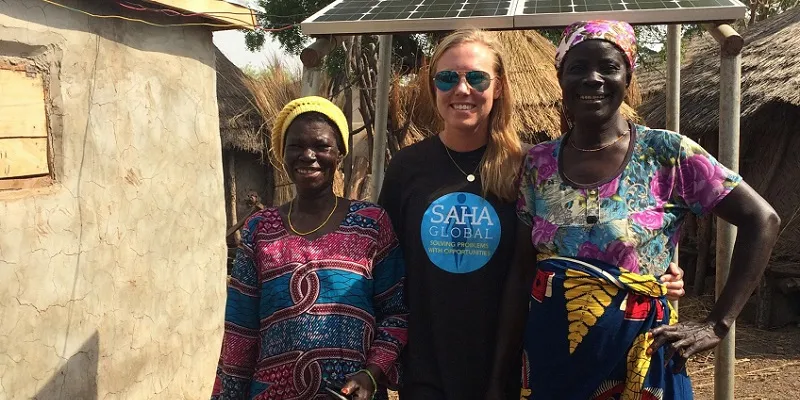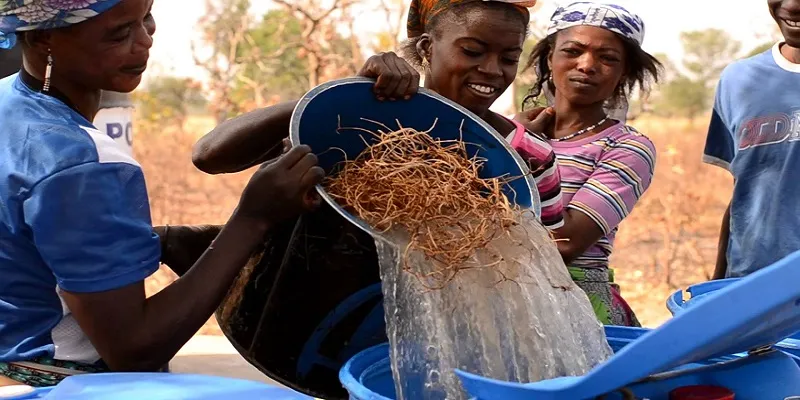Lessons from these Ghana women who are making clean drinking water a reality
“It would be as if a woman started with her empty bucket in the Stone Age and didn’t arrive home with water until 2016" - Sanjay Wijesekera, UNICEF’s global head of water, sanitation and hygiene.
According to UNICEF, everyday, women and girls spend 200 million hours all over the world fetching water. At a time when global water crisis is rampant, one cannot help but wonder where would we be if gender roles did not condemn half the world's population into spending most of their time fetching water. That is where Saha Global and its founders, Kate Cincotta and Vanessa Green, come into picture.

Saha Global, started in the year 2009, aims at providing long-term solutions to getting clean water to Ghana people and making entrepreneurs out of their women at the same time. Talking about what made Kate take the step, she told UVA Today,
“It was shocking to me that so many effective water technologies had been invented specifically for use in the developing world, but people were still dying every day from waterborne disease. It hit me that the problem wasn’t technology, it was implementation. The final step to solving this crisis is learning how to get solutions to the people who needed them in a sustainable way.”
Though it wasn't an easy process, Kate came with the understanding that for the initiatives to be successful, the systems they offer should not be challenging their customs and belief. Also, she realised that women should be taught all the processes involved in purifying the water, as it is them who are responsible for water in the household in Ghana.

With this understanding, the women entrepreneurs are provided with affordable equipment and training to convert contaminated water into clean drinking water. Locally available products like chlorine and potassium alum powder are used in the process.
Members of Saha Global make sure that they visit each business frequently for the first five years to ensure that it is sustainable and to spot the problems early. Today, the women involved in the process makes $1-2 a week by working for five hours a week. Speaking with The Huffington Post, Kate said,
“I’m really focussed on behavior change, what it will take to make sure people drink our clean water all the time. We want to provide clean water to the poorest of the poor and, unfortunately, there is a huge market failure when it comes to water for this population.”
More than 50, 000 people have benefited as a result and the best part is that out of the more than 100 water businesses, not a single one has stopped mid-way.
Motivated by this, Saha Global has begun making attempts to providing solar energy to the people of Ghana and to expand the water purification operation to other countries.
Do you have an interesting story to share? Please write to us at [email protected]. To stay updated with more positive news, please connect with us on Facebook and Twitter.







